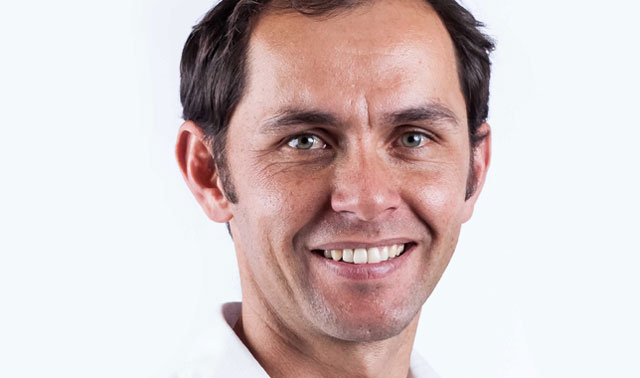
Alan Knott-Craig is nothing if not ambitious. The man behind the Project Isizwe free Wi-Fi project in Pretoria and the former boss of both Mxit and iBurst wants to build what he calls “the Capitec of telecoms” as he seeks to consolidate the hundreds of small wireless Internet service providers across South Africa.
With the backing of heavy hitters such as former First National Bank CEO Michael Jordaan and former Rand Merchant Bank CEO Mike Pfaff, Knott-Craig has raised funding to help HeroTel, his new company, establish a national presence, partly through a series of acquisitions of like-minded wireless ISPs and partly through establishing a national brand under which third-party wireless ISPs can sell their services.
“This is going to sound arrogant, but it’s not meant to: we are trying to build the Capitec of telecommunications and, one day, people will say Capitec is the HeroTel of banking,” he declares.
He says he is a big fan of PSG Group chairman Jannie Mouton, who funded Capitec. “I like to copy guys who know how to make money, and Jannie Mouton knows how to make money.”
By using unlicensed spectrum — the same spectrum that consumers use for Wi-Fi at home or in the office — and pooling the resources of hundreds of wireless ISPs, Knott-Craig believes there is a unique opportunity to build an alternative last-mile broadband network into homes across the country. He says the total addressable market for uncapped broadband is about 5m households.
He says high-speed fibre-optic broadband will probably only ever reach 400 000 of those homes. Fibre start-up Vumatel is leading that race, he says, though Telkom will probably buy the company at some point, he says, to ensure it remains a leading player in fixed lines.
The rest of the market will be served by legacy copper-based ADSL — where Telkom has only a million customers — and by wireless providers. The mobile operators can’t — or won’t — offer uncapped 3G and 4G broadband at an affordable monthly fee, he says, and proprietary wireless solutions like iBurst are “dead end” technologies because of the lack of devices available to connect consumers.
The obvious answer, Knott-Craig believes, is Wi-Fi. “It’s a commodity and it’s cheap. That’s why the HeroTel strategy makes sense.”
He says he has no interest in bidding for protected — and expensive — spectrum assets because there are no guarantees that government won’t take it away, in the same way it “took away mineral rights” in the resources sector, he says. “People stopped investing in mines. How can telecoms be immune to that sort of risk? It’s not.”
The interference problems common in unlicensed bands can be addressed, he says.
Like most wireless ISPs, HeroTel will take advantage of unlicensed bands – the free-for-all bits of the radio waves where almost anything goes. This spectrum is freely accessible. But unlike licensed spectrum bands, which telecoms operators cough up billions of rand for exclusive access to, no one is protected from interference.
For Knott-Craig, this isn’t a big deal as in many of the smaller towns there isn’t huge pressure on the unlicensed bands. In the big cities, he believes HeroTel can help wireless ISPs coordinate their use of the spectrum to minimise interference problems.
What do wireless ISPs get in return for signing up for Knott-Craig’s “Hero Alliance”? “They get to make more money,” he says matter-of-factly. “If you are not taking home more money from month one, you shouldn’t join Hero.”
HeroTel will help ISPs increase their sales, he says, by giving them access to a national brand. They will also have to go through a process to “fix their internal processes” to ensure HeroTel’s reputation is not “tarnished” by poor customer service.
The company is also promising access to cheaper long-haul bandwidth and equipment, which it will be able to purchase in bulk. Part of the deal with wireless ISPs is that HeroTel takes over their procurement.
But Knott-Craig doesn’t only want to partner with ISPs; he wants to buy some of them, too, and has already bought three small players, with a further four or so planned before commercial launch in April 2016. This is to give HeroTel a national footprint.
Similar to the model Telkom employs in the ADSL market, where it allows third-party ISPs to sell bandwidth to end users over its infrastructure, HeroTel intends offering a wholesale model to ISPs, too. This, he believes, will also help stimulate demand.
- This piece was first published in the Sunday Times

